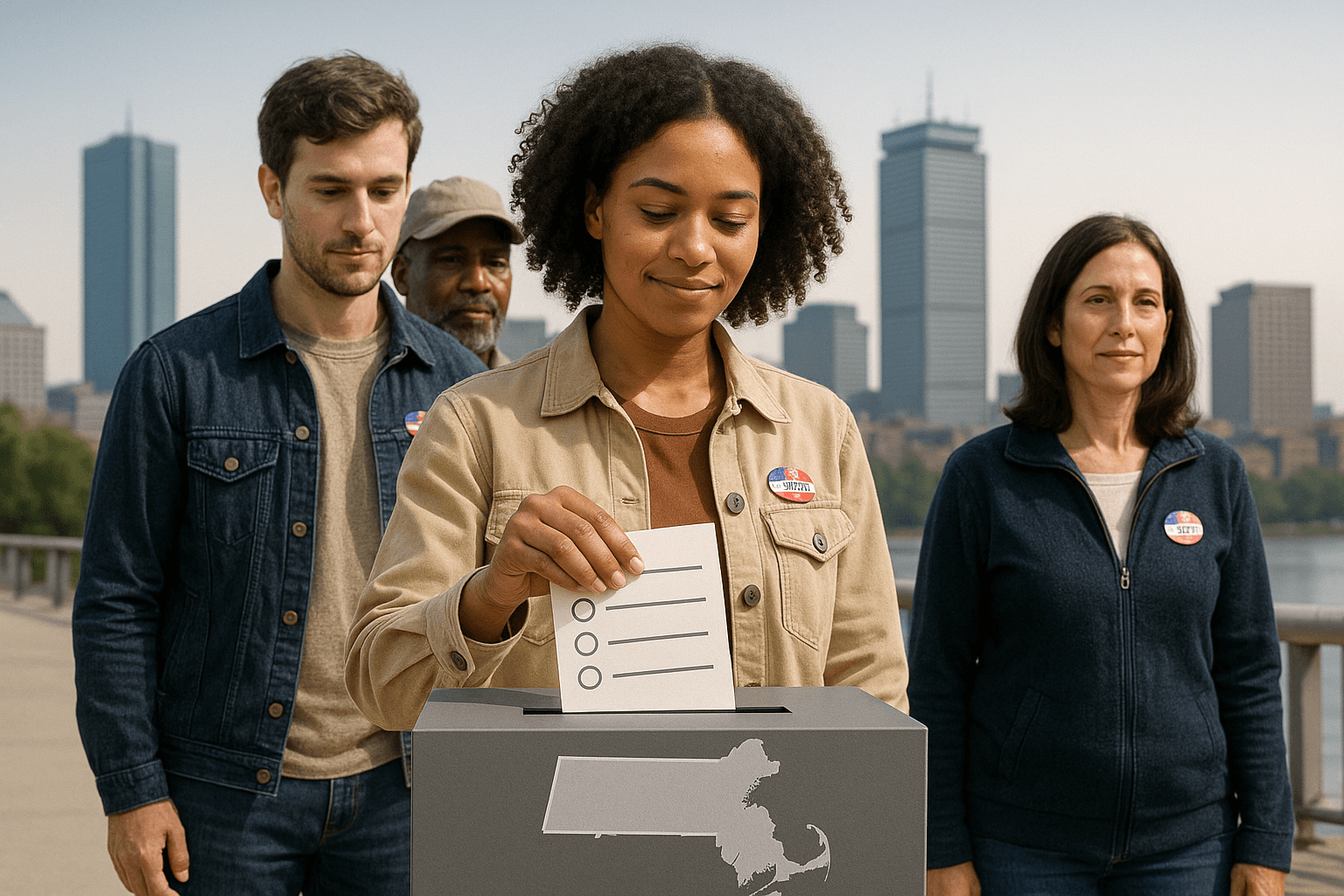Fake News Feeds the Political Divide

The responses to the election results have been all but calm with anti-Trump protests breaking out all across the country. Social media platforms like Facebook are plagued with harsh commentary from individuals and organizations on both sides of the election. Half of America is celebrating, while the other half is in crippling denial.
With so many dazed Hillary Clinton supporters looking to place blame, many accuse Facebook for allowing falsified and misleading posts about the presidential candidates run rampant on the site.
With many stories and articles circulating Facebook claiming outlandish facts and figures about Clinton and Trump, the growing epidemic of false information spreading like wildfire via social media outlets is undeniably real.
According to Adam Mosseri, the vice president of product management at Facebook in a statement originally provided to TechCrunch,
"...We understand there’s so much more we need to do, and that is why it’s important that we keep improving our ability to detect misinformation. We’re committed to continuing to work on this issue and improve the experiences on our platform."
However, Facebook is going to need to provide a lot more than vague insinuations of progress to appease angered users. The sheer impact of Facebook renders the accusations against them of misinforming citizens a major problem. According to Pew Research Center,
"Facebook is by far the largest social networking site, reaching 67% of U.S. adults. The two-thirds of Facebook users who get news there, then, amount to 44% of the general population."
Furthermore, Zuckerburg himself recently claimed that it is “a pretty crazy idea” that “fake news on Facebook, which is a very small amount of content, influenced the election in any way.” This type of denial does not indicate any kind of intention of making drastic changes.
In contrast to Zuckerburg's statement, a Buzzfeed News analysis concluded that falsified news articles had more success on Facebook than confirmed stories during the final three months before the presidential election. Buzzfeed claims that:
"During these critical months of the campaign, 20 top-performing false election stories from hoax sites and hyperpartisan blogs generated 8,711,000 shares, reactions, and comments on Facebook. Within the same time period, the 20 best-performing election stories from 19 major news websites generated a total of 7,367,000 shares, reactions, and comments on Facebook."
If you've been on Facebook lately, you've most likely seen the countless political arguments with numerous claims that lack a factual basis. The use of social media platforms like Facebook as forums for political discussion is becoming more and more prevalent, pervading its intended purpose of connecting people.
It is ironic, really, that the social media site designed to bring people together, is in actuality feeding the divide. Originally intended to better connect friends, family, and the online community, Facebook has turned into a vicious battleground of red and blue.
It's no secret that the two-party system is tearing America apart, and its high time that Facebook and other social media outlets step up and do more to combat the issue of fake news on their site. Facebook will need to invest a decent amount of time and money into updating the algorithm which curates users' News Feeds. Of course, human nature is largely to blame here as people are the ones allowing fake stories to gain traction. However, Facebook does have the responsibility to do what is in their power to prevent the spread of false information.
Image Source: Wikimedia Commons



